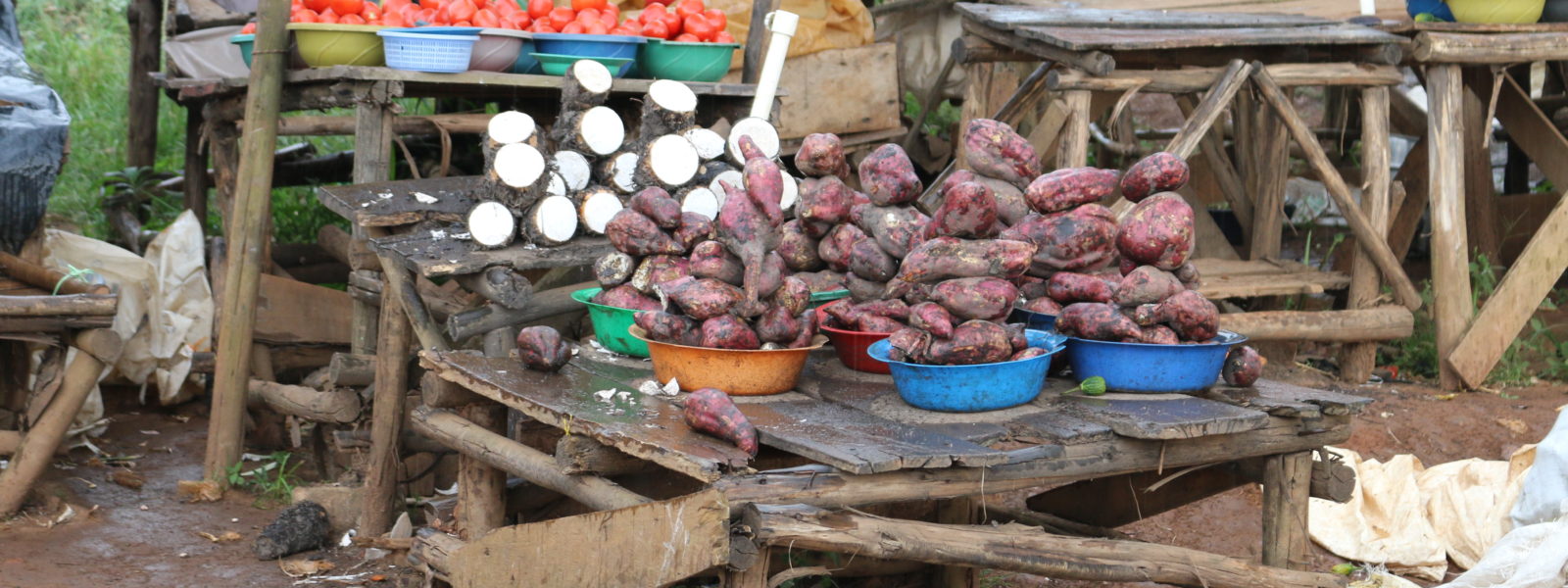Plant breeding that captures consumer preferences for roots, tubers and bananas
Purpose
Improve adoption of new varieties, by developing tools to identify and screen for quality traits that determine users’ preferences.
Expected impact
The people who grow, prepare, and eat foods made from root, tuber and banana crops have strong and varied quality preferences, but tools and assays to select for quality traits in a high throughput manner are not available. Therefore, breeders select for agronomic traits and higher yield, and may test for consumer acceptability near the end of the breeding cycle, when it may be too late to give consumers what they want. By enabling breeders to select for quality traits early on, the golden egg will lead to accelerated adoption of varieties.
Description of the approach
The golden egg includes a five-step method, developed by the RTBfoods project: 1) define the critical traits for an RTB food product, 2) capture end-user preferences, 3) use physicochemical assays to translate the traits into lab measurements, which are then used to 4) develop high throughput assays that allow breeders to screen their breeding material earlier in the cycle, for example, Near Infrared Spectroscopy (NIRS). 5) validate the assays on segregating populations and known varieties. Breeders can then develop improved varieties with the essential quality traits required.
Examples of use
In Nigeria, IITA and partners crafted food product profiles by identifying traits of pounded yam (such as stretchability and smoothness) that are important to rural consumers.
In Uganda, for boiled plantain, robust predictors of firmness, chewiness, mealiness, moistness and sweetness were identified using easy-to-measure physicochemical and textural parameters.
For boiled cassava, water absorption by boiling was a good predictor of cooking time, an important trait for consumers. NIRS equations were developed to predict water absorption, to allow earlier, rapid screening of breeding material.
Links to relevant online resource
Sensory profiles help cassava breeders develop desirable new varieties
Breeding improved cassava varieties that women and men want
Contact persons
Dominique Dufour dominique.dufour@cirad.fr
Logos of partner




